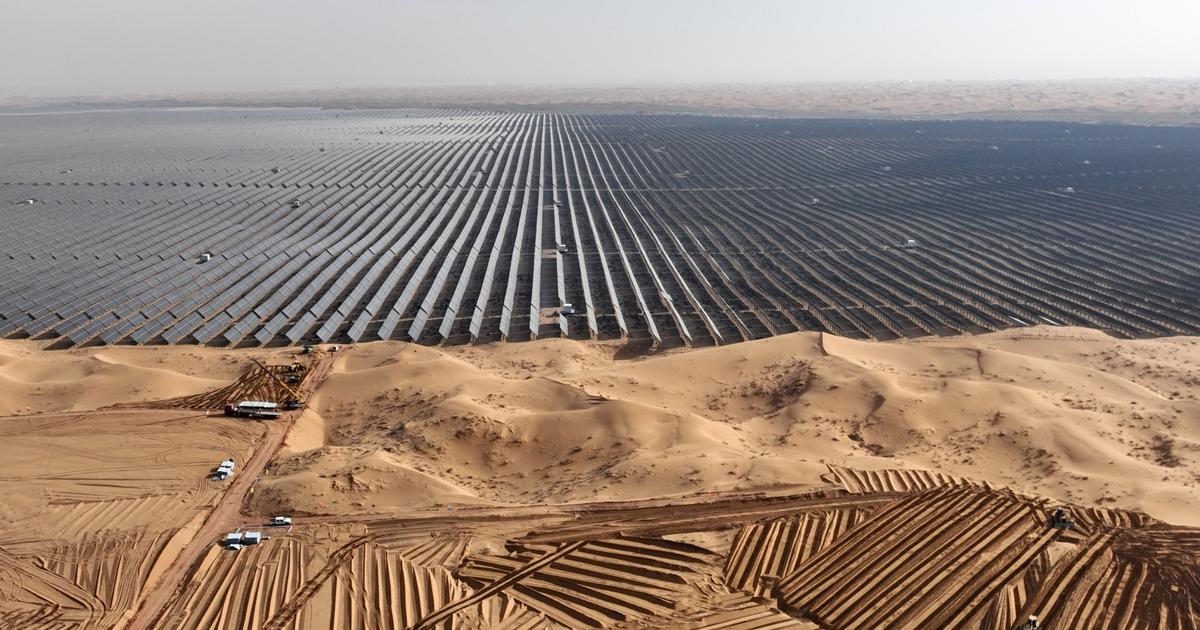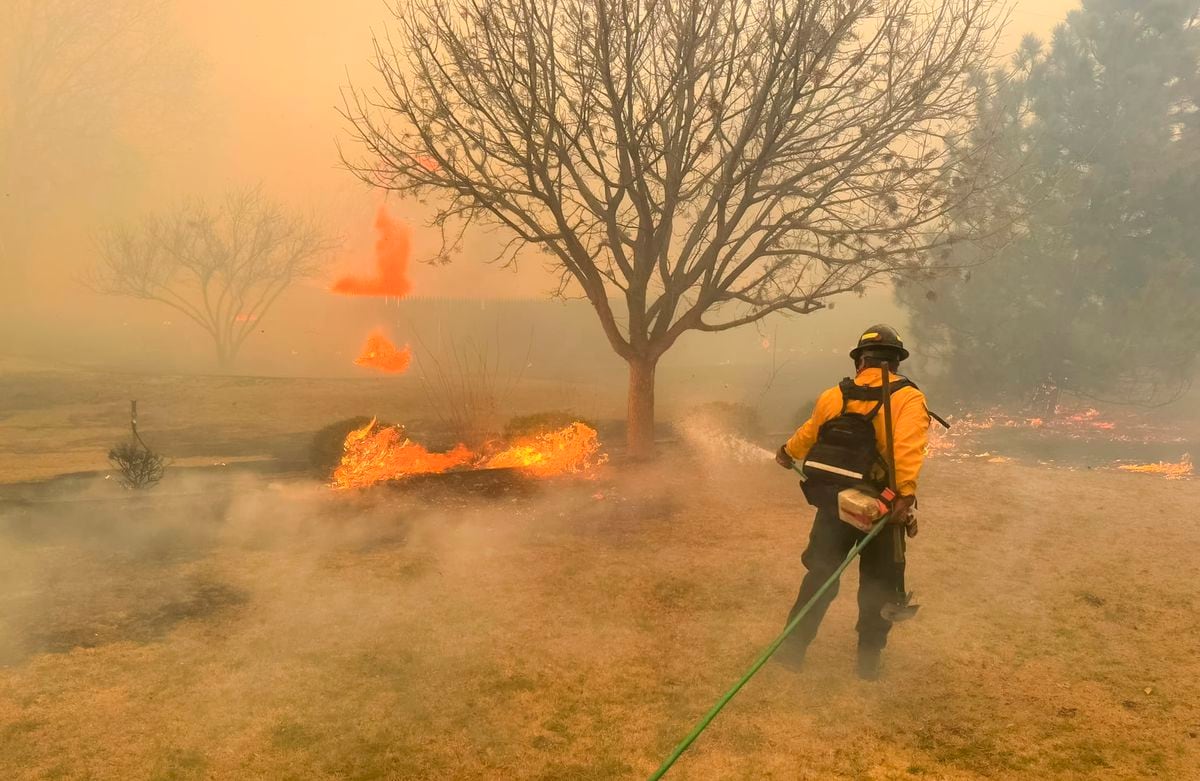Floods, destruction and despair in Pakistan due to monsoon rains 2:15
(CNN) --
Pakistan was already in trouble when the devastating monsoon rains hit.
This year, economic and political crises have converged in the South Asian nation of more than 230 million people, as food and fuel prices soared and former leader Imran Khan was forced from office.
Now it is reeling from the worst flooding in living memory.
Swaths of Pakistan are now under water after experiencing the heaviest rain on record since mid-June.
Some areas have recorded five times their normal levels of monsoon rain.
More than 1,100 people have died and 33 million people have been affected, that's more than the population of Texas.
Torrents of water have ripped through entire villages and farmlands, flattening buildings and wiping out crops.
Satellite images from Maxar Technologies shared with CNN show how communities have been wiped out, leaving little more than bare earth and dust.
advertising
Satellite images show the advance of floods in Pakistan 0:48
Pakistan is responsible for less than 1% of the planet's warming gases, European Union data shows, but it is the eighth most vulnerable nation to the climate crisis, according to the Global Climate Risk Index.
It is paying a heavy price, not only in lives but also in destroyed schools, houses and bridges.
Officials estimate the total bill to be $10 billion.
Recovery could take years, the International Federation of Pakistan Red Cross and Red Crescent Societies has said.
And any recovery is likely to be interrupted by another disaster.
"We constantly see climate devastation in the form of floods, monsoons, extensive droughts, extreme heat waves," Pakistani Foreign Minister Bilawal Bhutto Zardari said in an interview with CNN's Eleni Giokos on Tuesday.
"And frankly, the people of Pakistan, the citizens of Pakistan, are paying the price with their lives, their livelihoods for the industrialization of rich countries that has resulted in this climate change."
The stark inequity of the climate crisis, which is hitting nations that have historically had the least to do with causing it the hardest, raises questions about who should pay for it, particularly for the damage that countries like Pakistan are taking on.
The United Nations appealed for $160 million in emergency funds on Tuesday, barely enough to scratch the surface of the $10 billion needed.
Countries from the United States to Turkey are pitching in with aid, rescue helicopters, food and medical supplies.
However, the need is greater than what the world is giving.
These devastating scenes and staggering recovery costs is the picture of the climate crisis with 1.2 degrees Celsius of global warming since industrialization.
Drone footage shows Pakistani city covered in water 0:56
But the world is on track for warming of more than 2 degrees Celsius, analyzes show, with scientists warning that every fraction of a degree it warms will worsen the impacts of the crisis.
Fahad Saeed, a climate scientist with the Islamabad-based group Climate Analytics, told CNN that Pakistan was in a dilemma.
The country needs money to adapt to the crisis, but because it has to pay for the damage already being caused by extreme weather, it will struggle to find the funds it needs to adapt.
"What is happening right now with 1.2 degrees Celsius warming is not because of the poor people of Pakistan," he said.
"They are not responsible for it, and this brings up the issue of climate justice in a very clear way."
He added that Pakistan, like many developing nations, needs to lift more people out of poverty, something difficult to do amid back-to-back extreme weather events with so little financial support from abroad.
Saeed said Pakistan was in "a position to make strong arguments" at the COP27 international climate talks in Egypt in November that other nations should help it pay to recover.
Developed and developing nations have remained generally divided on the issue for years.
The developed world agreed more than a decade ago to transfer at least $100 billion a year by 2020 to developing nations to help them transition away from fossil fuels, but also to adapt to climate change.
That amount has never been delivered in its entirety.
More controversial is the issue of who should pay for the destruction.
At the COP26 climate talks in Glasgow, the US was one of several advanced nations to oppose mandatory "loss and damage" payments, essentially climate compensation, particularly for schemes based on historical liability.
Historically, the US accounts for the largest amount of greenhouse gas emissions in the world.
Pakistan









/cloudfront-eu-central-1.images.arcpublishing.com/prisa/TMZ4PQHOJZ4TRSRZ2OO65Q4ANI.jpg)





